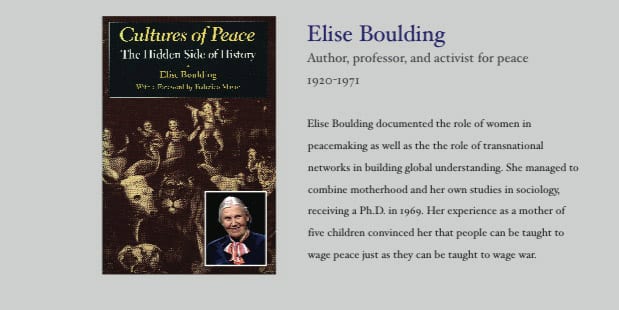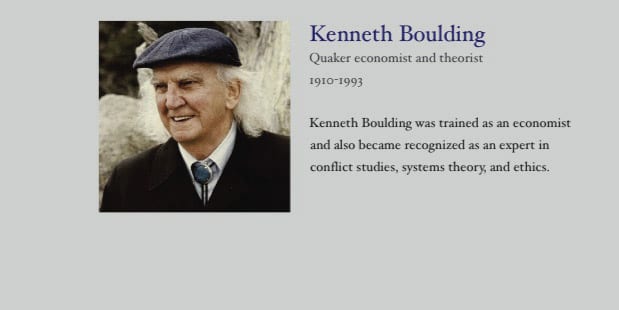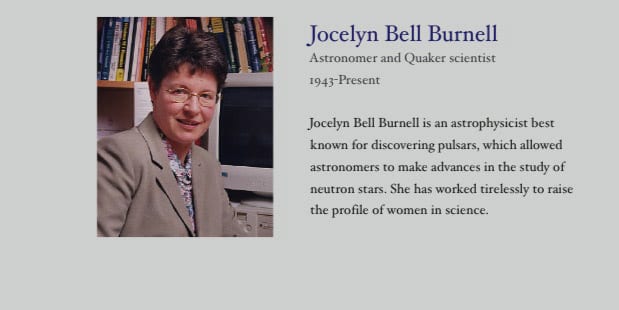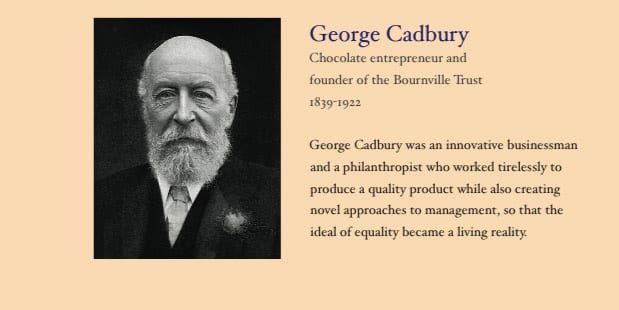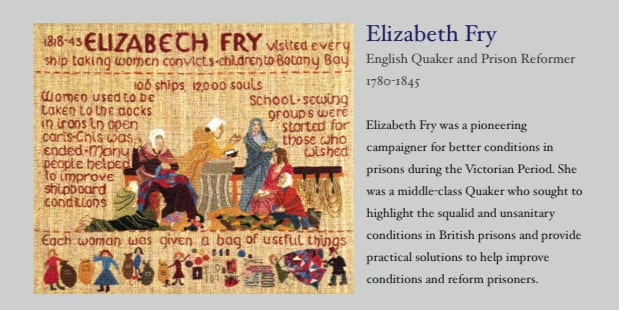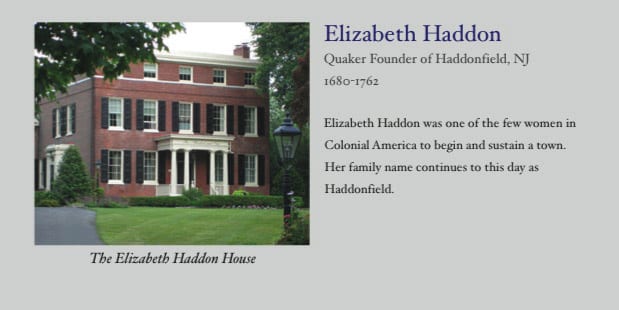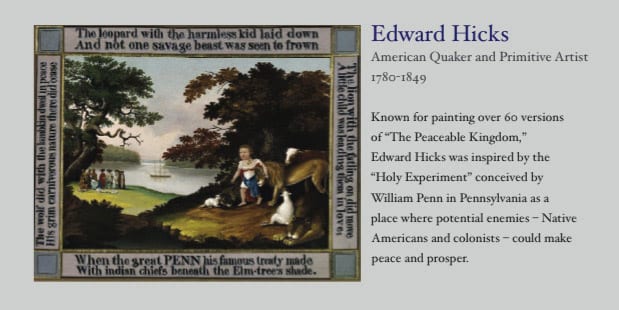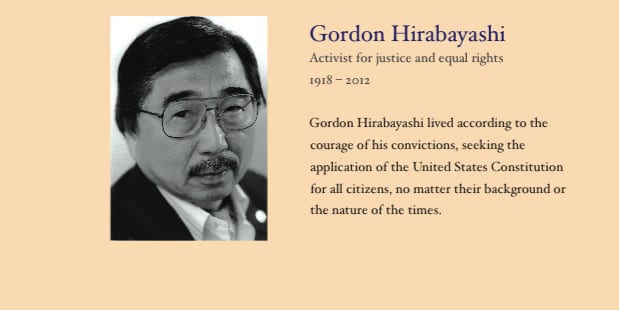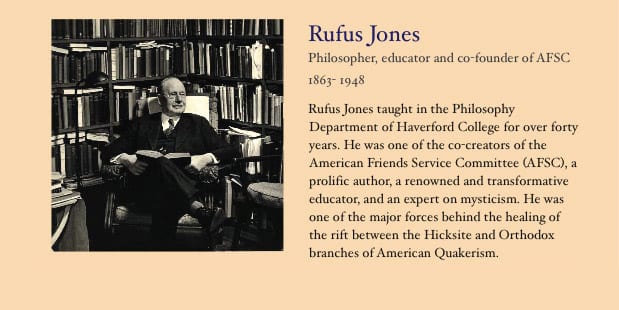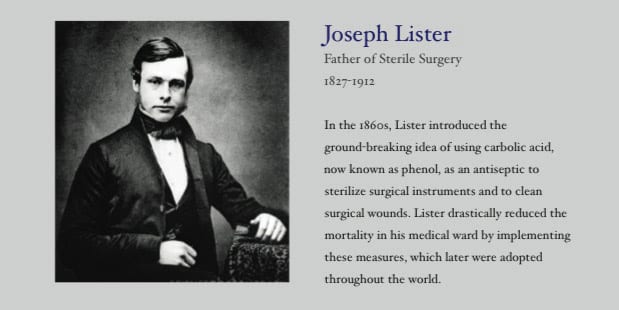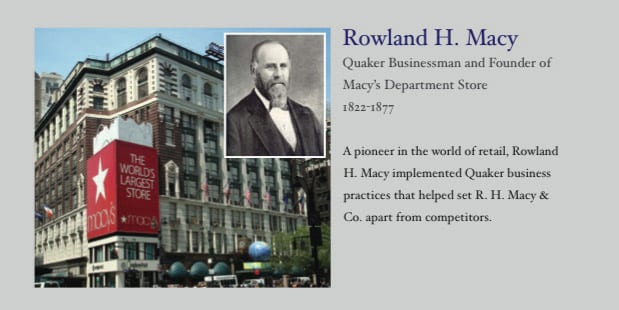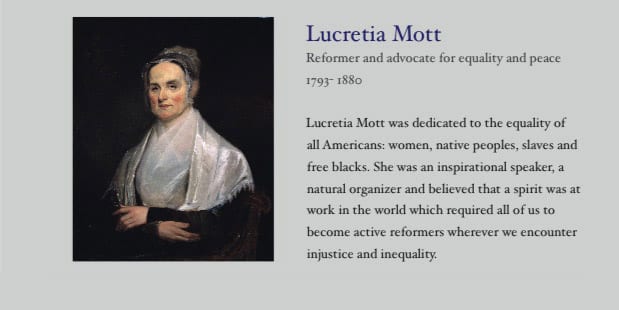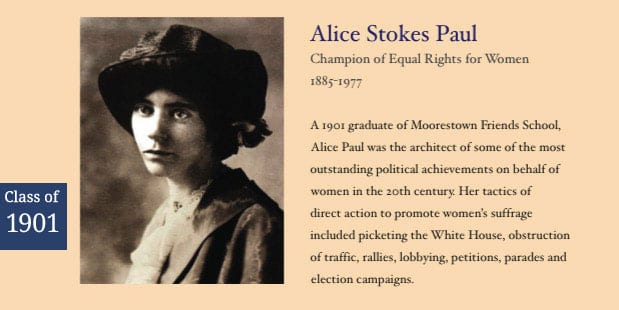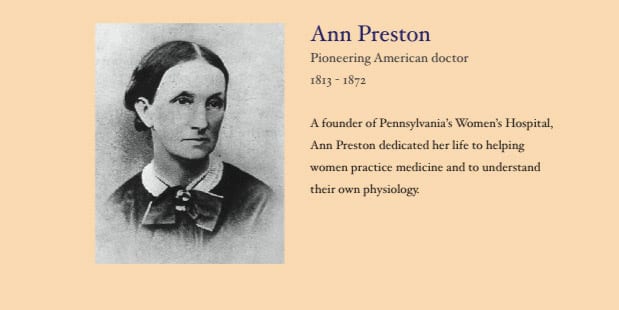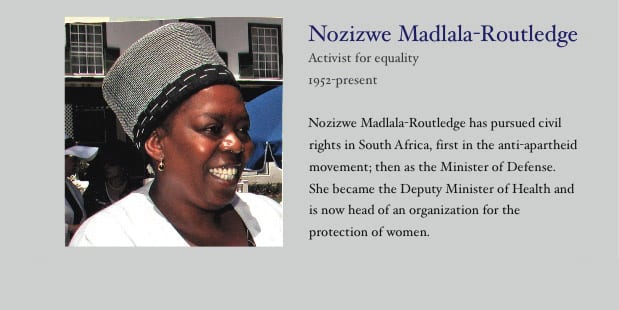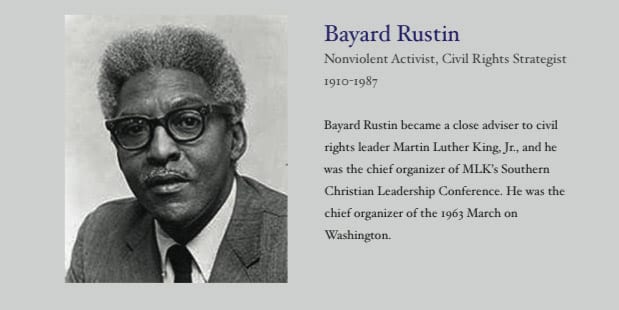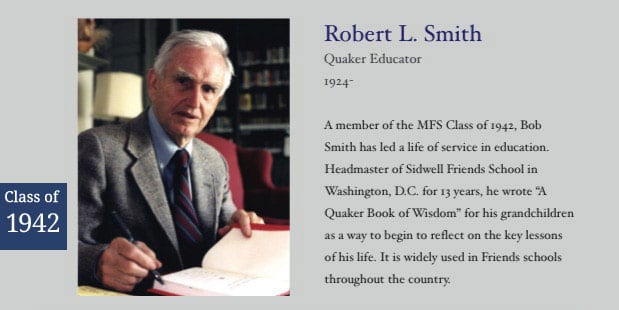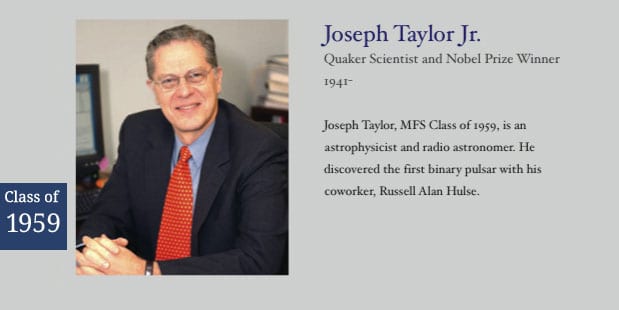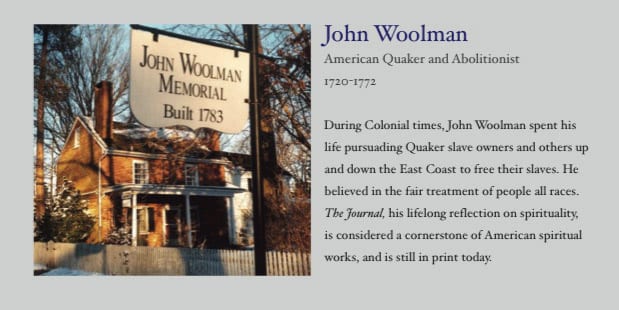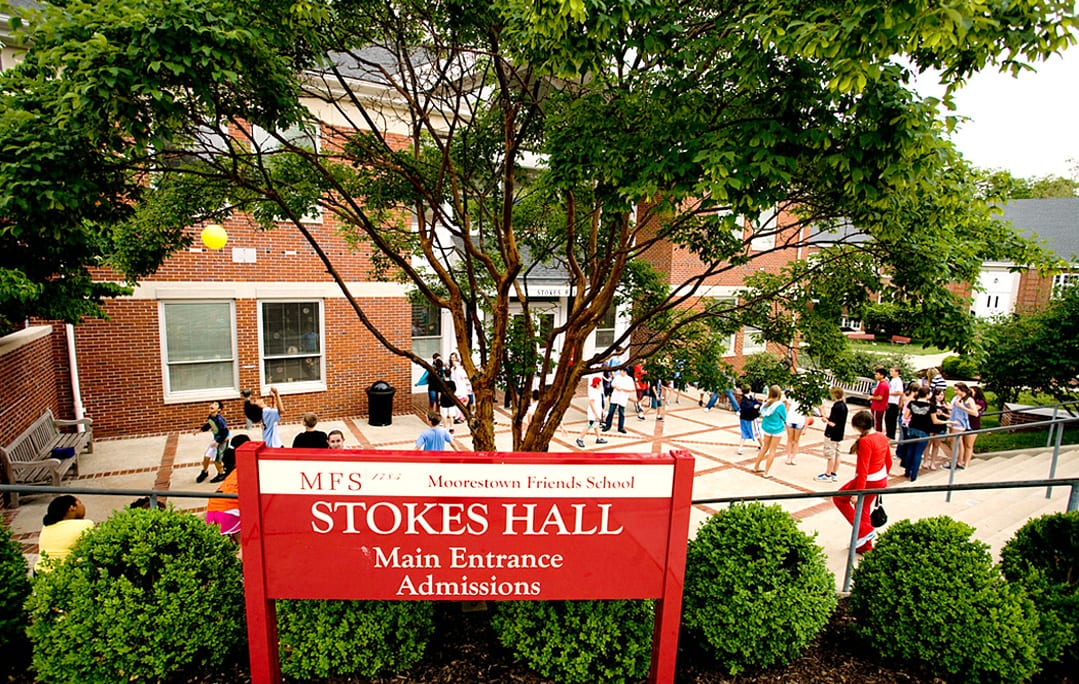Quaker Values
Enduring Principles, Inviting Discovery
Our founding Quaker values shape every aspect of how our students relate to their teachers, interact with each other, approach opportunity, exceed expectations, and confront challenges. We find that our enduring principles resonate with families of all walks of life, cultural backgrounds, and belief systems, especially in a rapidly changing modern world.
 Simplicity guides us past material distractions and through the rush of modern life to focus on what is essential, spiritually and ethically.
Simplicity guides us past material distractions and through the rush of modern life to focus on what is essential, spiritually and ethically.
Peace remains at the core of our Quaker values—and our commitment to it helps us to share ideas, make arguments, and resolve conflicts with kindness and respect for all.
Integrity guides us to take responsibility for our actions, draw wisdom from our mistakes, and live honest, truthful lives consistent with our values and beliefs.
Community is vital at MFS, and we think of ourselves as important parts of a greater whole—remembering that the effects of our decisions can impact our classmates, families, and wider world.
Equality calls us to afford dignity and recognize the value of everyone — even as we acknowledge and celebrate our differences. According to Quaker belief, we each have a sacred Inner Light, and we must honor this spark of divinity in others, just as we honor it in ourselves.
Stewardship not only reminds us to allocate resources fairly, consider the needs of others, and respect the world in which we live, but also to be grateful and appreciative for all we have.
We study these principles in our classrooms, but more importantly, we embody them in our relationships, our work, and our lives. We also reflect upon them every week in Meeting for Worship, when the MFS community sits together in communal warmth, personal reflection, deep thought, or silent prayer — as each student sees fit.
Our beliefs don’t offer easy answers or direct students to one true path. Rather, Quaker values invite them on a journey of discovery and personal reflection that lasts, and serves them well, for a lifetime.
More Information
Meeting for Worship
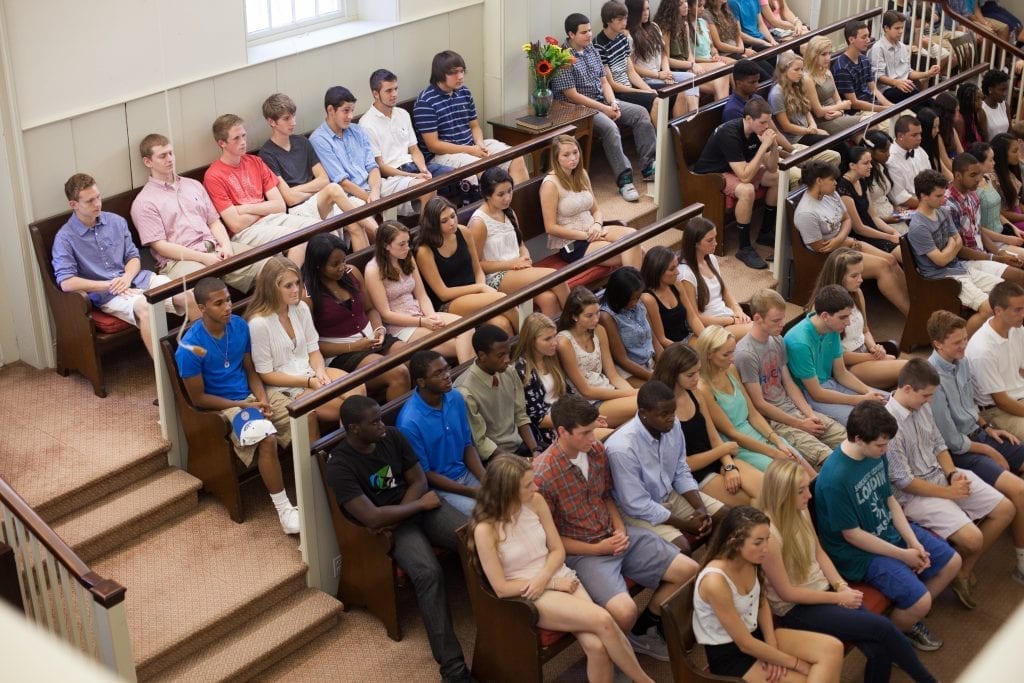 Each week, the school community gathers in the Meeting House, built in 1802, for Meeting for Worship. There are separate Meetings for each school division. The form is simple: the group settles into silent reflection. Friends believe that each person has within herself, with God’s help, the ability to discern truth.
Each week, the school community gathers in the Meeting House, built in 1802, for Meeting for Worship. There are separate Meetings for each school division. The form is simple: the group settles into silent reflection. Friends believe that each person has within herself, with God’s help, the ability to discern truth.
Participants use this time to pray, or worship, or simply reflect deeply on the world around them, according to their own faith traditions. Since Friends believe that each person (no matter their age) is able to discern truth, all are welcome to speak from their hearts if so moved. It is expected that their words will provide insight for the listeners. When Meeting for Worship is over, students on the facing benches close the Meeting by shaking hands. At this point, everyone is invited to briefly greet their neighbors before settling back into quiet for dismissal.
These are a few of the practices for students in Meeting for Worship:
- Meeting for Worship begins the moment you enter the Meeting House.
- Be present in the moment. There is a power in group worship that, while hard to explain, is real. It comes with practice and careful attention.
- When someone shares a message, reflect on their words. Seek understanding and truth as they speak.
- Sit quietly with relaxed bodies.
- Be respectful of others’ worship.
- Wait expectantly on God.
- Speak when you have a message that is important to share with everyone. Speak only once, and loudly enough for all to hear.
Friends Educational Beliefs

- It is our conviction that there is “that of God” in every person. Our belief that every human being is of infinite importance requires us to give consideration and respect to one another.
- We believe diversity — in religion, race, sex, nationality, age, economic condition — fosters growth when it exists in an atmosphere of loving appreciation and free communication.
- The peace testimony is basic to Quakerism. Conflicts should be resolved without resorting to violence, either physical or psychological.
- Nurture of the spirit is as central to the purpose of a Friends school as development of mind and body.
- Meeting for Worship is a vital part of the spiritual and educational experience at MFS, representing an individual and a corporate searching for truth.
- As the individual is deserving of love and respect, so is the school community of which the individual is a part. Individual conviction and initiative must be moderated by a recognition of responsibility toward that community.
- There is a responsibility toward the larger community. The school is a living part of contemporary society, and should be actively concerned with and involved in its problems and opportunities.
- The Quaker Meeting for Worship for Business, with its search for unity through a sense of the meeting, should provide insight for the decision-making process within the school community. To the extent that the school reflects the concerns and convictions of Quakerism, individuals will also reflect them.
- Friends’ concern and involvement in education includes a commitment to the academic disciplines as well as openness to critical and objective appraisal of our society and its values. We trust our students to do their best work and maintain academic integrity.
- The simplicity which Friends have sought in their lives is a means to a heightened awareness of spiritual values and human dignity. Simplicity, directness, integrity, and moderation should characterize the atmosphere at MFS.
Let Your Life Speak: A Legacy of Quakers
Members of the Religious Society of Friends (Quakers) have a long history of contributing to society. The individuals highlighted below are role models who have used their faith to guide their significant contributions to the world.
